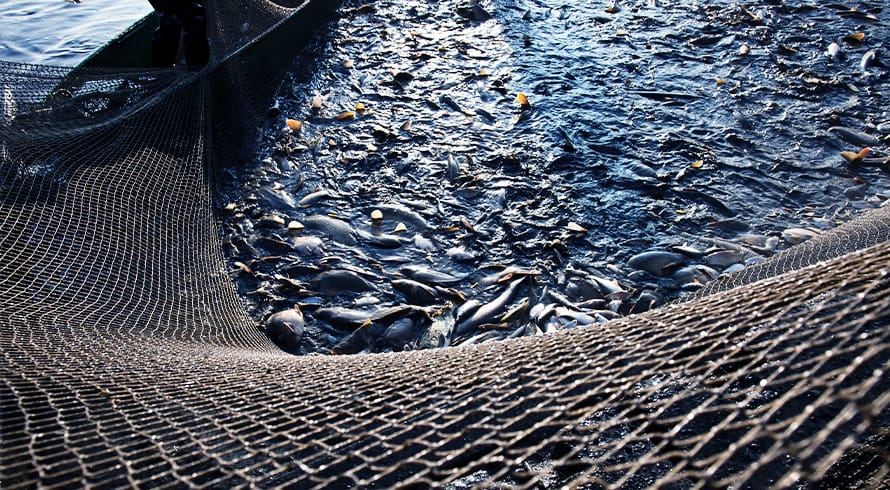Published! The 2019 Draft TLAB, Draft TALAB and the comparable tax exemption for CFCs
According to the Media Statement, the Draft TLAB gives effect to a number of key proposals announced in the 2019 Budget Review, including the following:
- Aligning the effective date of tax neutral transfers between retirement funds with the effective date of annuitisation for provident funds;
- Addressing abusive arrangements aimed at avoiding the anti-dividend stripping provisions;
- Clarifying the interaction between corporate reorganisation rules and other provisions of the Income Tax Act, No 58 of 1962 (Act);
- Refining the tax treatment of long-term insurers;
- Limiting the allowable deduction for investors investing in a venture capital company;
- Reviewing the controlled foreign company (CFC) comparable tax exemption and addressing the circumvention of the anti-diversionary rules; and
- Reviewing s72 of the VAT Act, No 89 of 1991 (VAT Act).
The Media Statement further states that the Draft TALAB gives effect to certain tax administration proposals in the 2019 Budget Review, including proposals regarding tax compliance certificates and tax-free investments.
In this article we briefly discuss the proposal regarding the CFC comparable tax exemption.
CFCs - general principles
in terms of s9D of the Act, where a South African tax resident holds more than 50% of the participation rights or can exercise more than 50% of the voting rights in a foreign company, either alone or together with other South African tax residents, that foreign company will be regarded as a CFC. To determine whether the 50% threshold is exceeded, one must take into account directly and indirectly held participation rights and voting rights that are directly and indirectly exercisable.
If a foreign company is a CFC in relation to a South African tax resident, a portion of the CFC’s income, known as its net income, will be taxed in the hands of the resident, unless an exception applies. One of these exceptions is the comparable tax exemption, which is dealt with in s9D(2A) of the Act.
The comparable tax exemption and the rationale behind it
The Explanatory Memorandum on the Draft TLAB (Memorandum), which was released with the Draft TLAB, states that the comparable tax exemption makes provision for CFCs operating in foreign countries where tax payable in that foreign country is at least 75% of what would have been payable inside South Africa, had the South African tax rules applied, to exclude the foreign business income from the net income calculation of the CFC. The Memorandum further states that the main aim of this exemption is to reduce the compliance burden of South African multinationals from being taxed on foreign business profits and thereafter claiming credit against South African income tax. In addition, the exemption seeks to protect the South African tax base whilst providing the need for South African multinational entities to be competitive offshore by disregarding all tainted, passive and diversionary CFC income if little or no South African tax is payable.
Proposed amendment and reason for change
According to the Memorandum, in the context of the global trend towards lower corporate tax rates, in 2018, the Minister of Finance announced in the Budget Review the intention to review the comparable tax exemption in order to determine whether an amendment is warranted. Based on the above-mentioned statement, a review was conducted and it came to light that the current 75% threshold is no longer comparable. As a result, it provides little or no assistance to cater for South African CFCs in the current world order. Based on this, it is proposed that the comparable tax exemption threshold be reduced to 67.5% from the current percentage of 75%.
Comment
While in principle South African multinational entities should benefit from this proposed amendment, it remains to be seen to what extent they will benefit from it. Of course, the proposed amendment is not yet final. The public now has an opportunity to submit comments to NT and SARS regarding this proposed amendment and any other proposed amendments in the Draft TLAB and Draft TALAB. The deadline for public comments is 23 August 2019.
In the coming weeks, we will discuss some of the other proposals in the Draft TLAB and Draft TALAB.
The information and material published on this website is provided for general purposes only and does not constitute legal advice. We make every effort to ensure that the content is updated regularly and to offer the most current and accurate information. Please consult one of our lawyers on any specific legal problem or matter. We accept no responsibility for any loss or damage, whether direct or consequential, which may arise from reliance on the information contained in these pages. Please refer to our full terms and conditions. Copyright © 2025 Cliffe Dekker Hofmeyr. All rights reserved. For permission to reproduce an article or publication, please contact us cliffedekkerhofmeyr@cdhlegal.com.
Subscribe
We support our clients’ strategic and operational needs by offering innovative, integrated and high quality thought leadership. To stay up to date on the latest legal developments that may potentially impact your business, subscribe to our alerts, seminar and webinar invitations.
Subscribe




